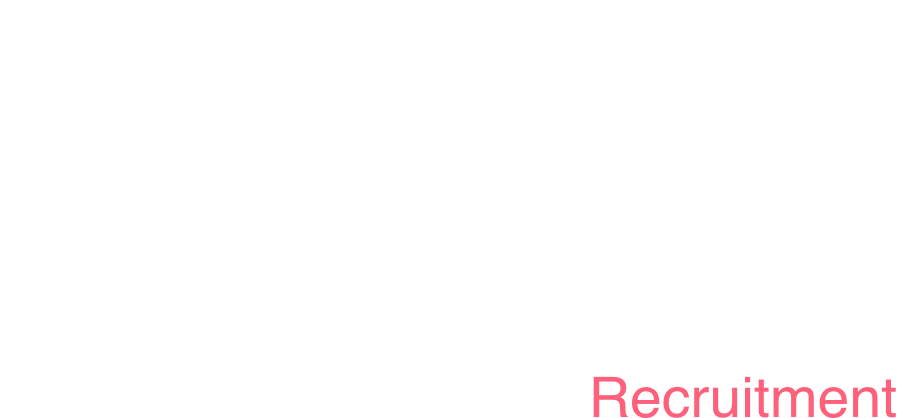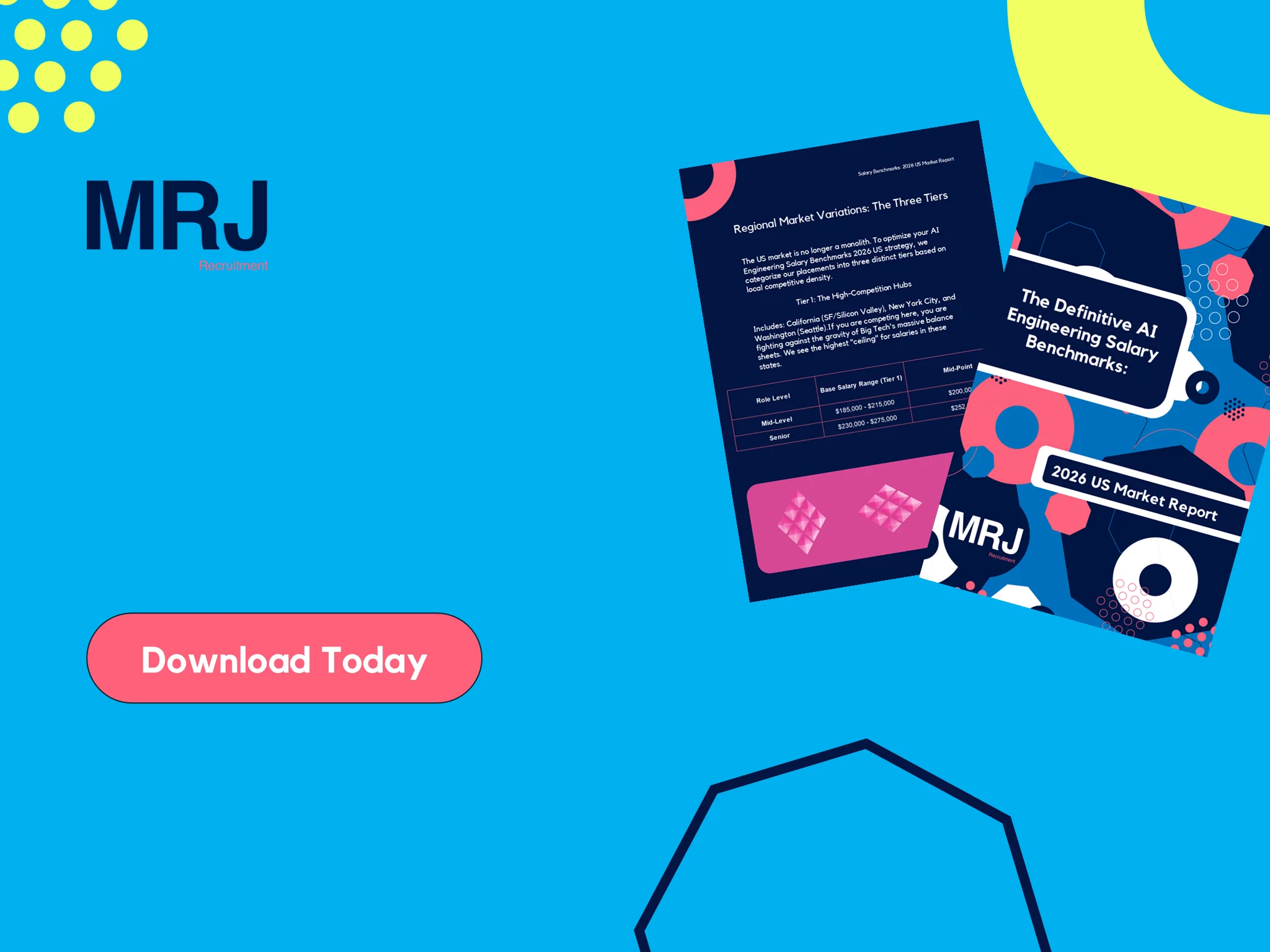Is Product Management Becoming Product Engineering? How AI is Reshaping Roles in Big Tech
03 Jul, 20256 minutesAt MRJ Recruitment, we’re trusted by tech brands across the UK & Europe to connect...

At MRJ Recruitment, we’re trusted by tech brands across the UK & Europe to connect them to the candidates fuelling the future.
And lately, one question is cropping up more often among hiring managers, candidates, and the wider product community:
“Is the Product Manager role slowly merging with Product Engineering, especially as AI changes how products get built?”
It’s a question we’re seeing pick up more steam across forums, team meetings, and boardrooms alike.
Let’s break down what’s driving this conversation, what’s really changing, and what it means for hiring in Big Tech and beyond.
Where Did This Trend Start?
For years, the Product Manager (PM) has sat at the intersection of business, technology, and customer needs — defining the what and why of a product, then working closely with engineering teams to deliver it.
But as generative AI and low-code/no-code tools have matured, some companies, especially fast-moving startups, have begun experimenting. They’re encouraging PMs to get more hands-on: spinning up AI-powered prototypes, automating testing, and even generating snippets of code to validate ideas.
As one tech professional remarked:
“I feel more like a Product Engineer than ever. The amount of technical work I can handle now, on top of my traditional PM tasks, is exhilarating.”
This shift means hybrid skills, technical know-how, data analysis, and AI literacy, are becoming essential for PMs today. It’s a trend impacting adjacent roles too, like product owner jobs and business analyst jobs, where technical fluency is increasingly prized.
The Big Tech Reality Check: What Do Product Managers Do?
While this trend is gathering steam in startups and scale-ups, many seasoned professionals in Big Tech are more sceptical. Some argue that the risks of non-technical PMs diving into code are too high — even with AI at their side.
As one ex-AWS engineer put it bluntly:
“PMs in Big Tech are never going to touch the codebase with AI. That’s a multi-million dollar disaster waiting to happen.”
This perspective highlights an important truth: building robust, scalable, secure systems isn’t just about writing code. It’s about architecture, integration, performance, security — and those are skills honed over years by experienced engineering teams.
That’s why roles focused on UI and UX design, such as those listed under our UI/UX jobs page, remain critical, specialists ensure the user experience and interface are intuitive and robust, while engineers handle the underlying complexity.
What Is a Product Manager in a Product Engineering World?
The term Product Engineering isn’t new. In many leading tech companies, it describes a collaborative approach where engineers work closely with product managers to shape the vision, define solutions, and deliver them faster and more iteratively.
What’s new is the idea that PMs themselves might start doing more engineering work directly, with AI as their assistant.
It’s easy to see why this appeals:
- AI tools can help PMs quickly test assumptions.
- They can prototype features without waiting for a full development cycle.
- They can run small experiments and gather real data to inform decisions.
For lean teams with tight budgets, this can be a game-changer. Why hire extra developers when your PMs can get an early version up and running using AI?
This means companies may adapt their product manager recruitment strategies to seek PMs with stronger technical backgrounds or hybrid skills that cross the line between what a product manager does and what engineers deliver.
AI: Accelerating Product Management, Not Replacing Engineers
However, the consensus from experienced engineers is clear: while AI speeds up parts of the product management process, it doesn’t replace the expertise of seasoned software engineers.
“It’s about giving PMs sharper tools, not turning them into engineers,” wrote one senior contributor. “You can spin up ideas faster, prototype faster, test assumptions faster, but building production-ready systems still needs real engineering.”
In other words, AI is an enabler, not a replacement.
What This Means for Product Manager Jobs & Hiring
For businesses and candidates, this trend raises important questions about future skills, team structure, and hiring priorities. Here’s what we’re seeing at MRJ Recruitment:
- Hybrid skill sets are in high demand. Companies are increasingly looking for Product Managers who understand technology. Being able to analyze data, experiment with AI tools, and communicate effectively with engineering teams gives PMs an advantage, especially in fast-growing startups where people wear many hats.
- Engineering roles remain essential. AI might reduce the need for engineers to handle repetitive tasks, but it also frees them up to focus on complex challenges like system architecture, performance, security, and scalability. These are areas where human expertise still matters greatly.
- Collaboration beats silos. The companies winning in 2025 won’t replace engineers with PMs. They’ll empower PMs and engineers to work more closely together, using AI to remove obstacles and speed up innovation.
The Hidden Risk: Burnout & Blurred Boundaries
One overlooked point in this conversation is that asking PMs to take on more technical work doesn’t automatically mean better results. Some professionals worry that this shift could add extra responsibilities to already overloaded PMs, stretching them thin across project management, stakeholder communication, user research, data analysis, design, and now development, too. “Why not just add another responsibility to the PM’s job? It’s not like we’re already doing design, data, or stakeholder management,” joked one contributor, highlighting a real concern about burnout and role clarity.
So, Is Product Management Really Becoming Product Engineering?
The honest answer? Not quite, but it’s evolving. We’re seeing the rise of AI-augmented Product Management. PMs have better tools to validate ideas faster, automate routine tasks, and experiment. However, when it comes to delivering robust, production-ready systems, specialist engineers are still crucial. The real trend isn’t about merging roles; it’s about enhancing collaboration among Product Management, Engineering, and AI to make the process more efficient and strategic.
Key Takeaway
As a specialist tech recruiter, MRJ believes this evolution means three things for companies and candidates:
- Companies: Invest in upskilling your PMs but don’t expect them to replace engineers. Create teams where PMs, engineers, designers, and data specialists can collaborate smoothly.
- Candidates: If you’re a PM, develop your technical skills. If you’re an engineer, stay curious about AI tools and how they will change your daily work.
- Everyone: The future belongs to hybrid teams, not hybrid people doing the work of three roles.
Looking to Build Your Product & Engineering Team?
At MRJ Recruitment, we partner with some of the UK and Europe’s most innovative tech companies to find talent that drives real impact, from visionary Product Managers to outstanding Software Engineers.
Want to stay ahead? Let’s talk.
Or follow us for more tech hiring insights



